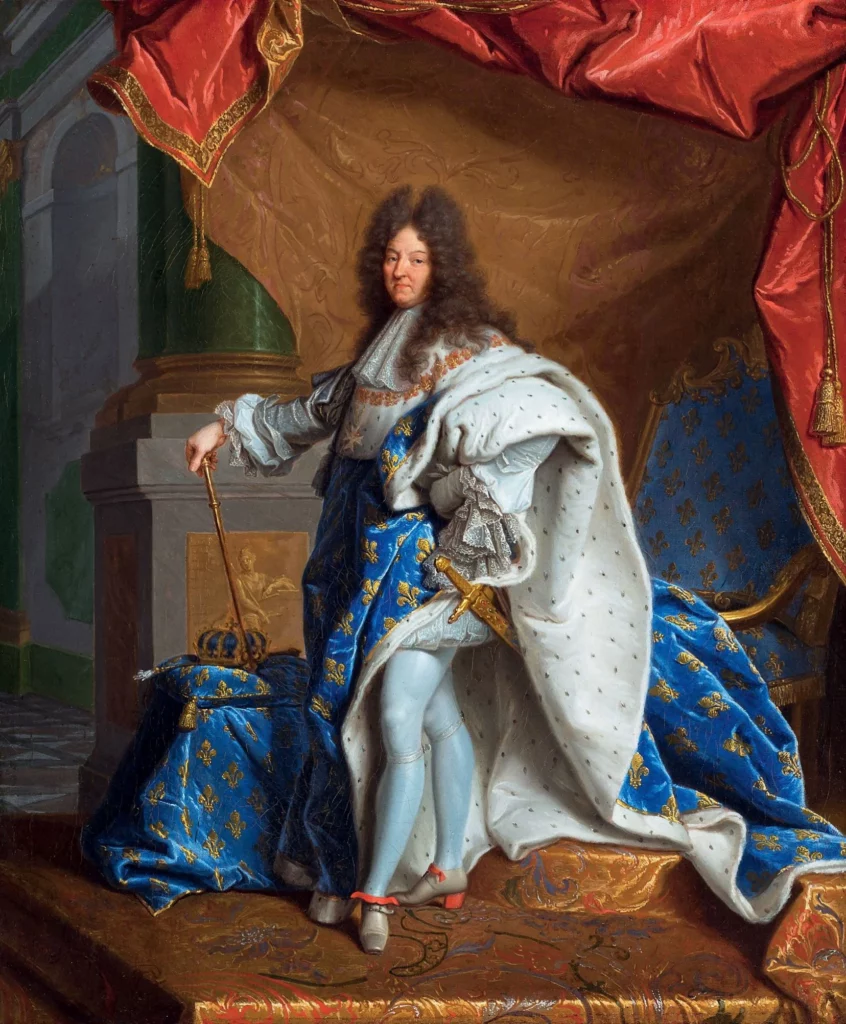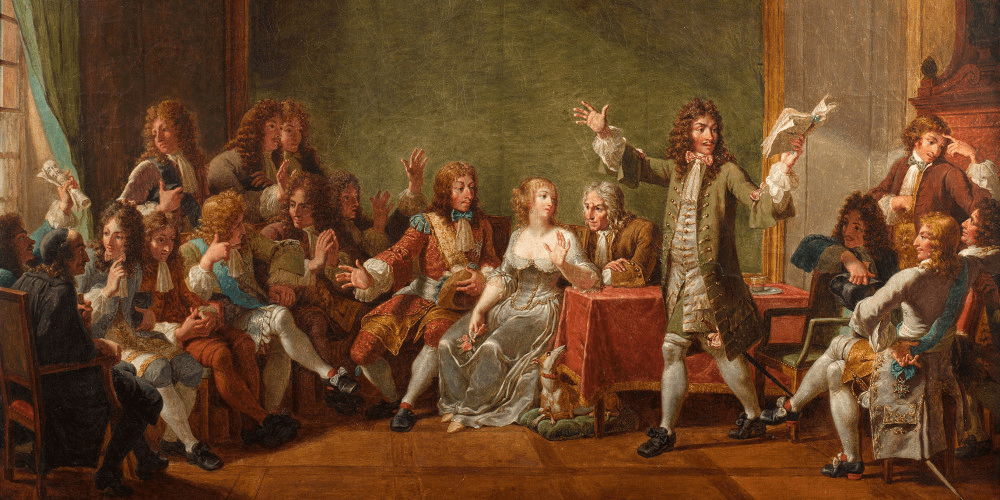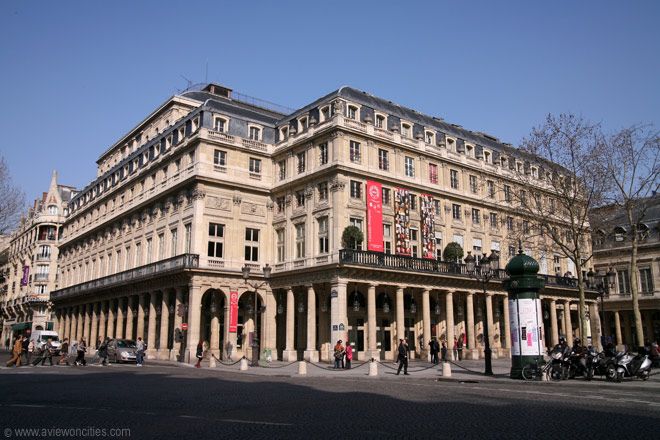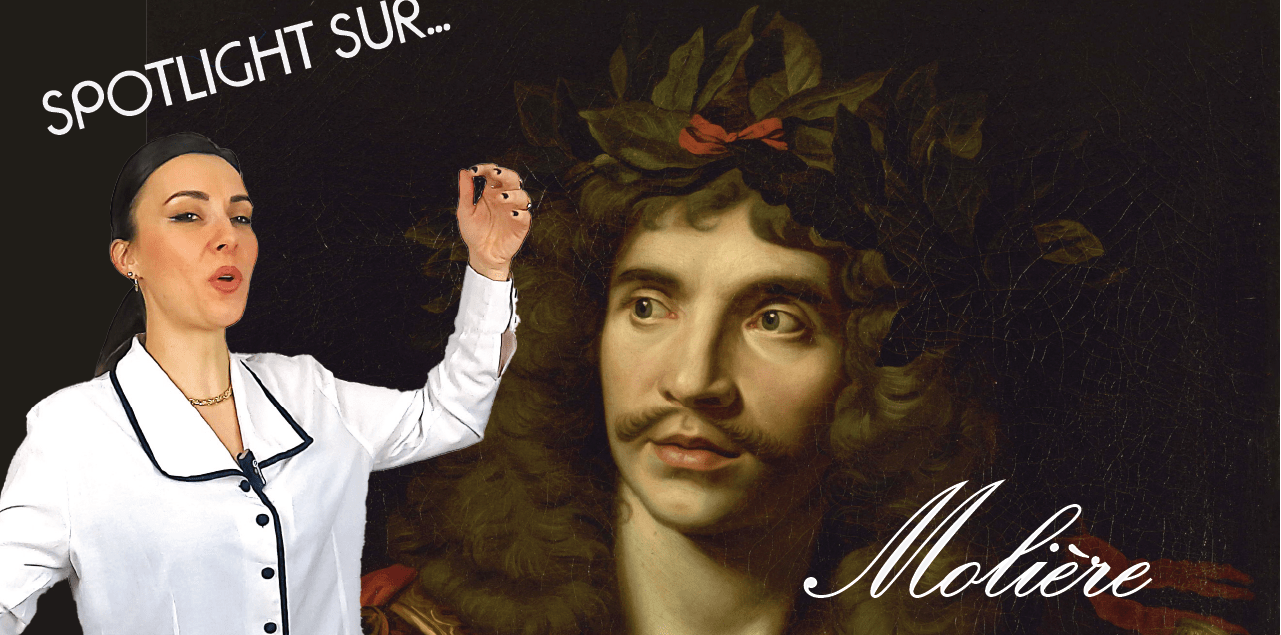Spotlight on… Molière!
Molière… Every French person knows Molière. Really? Do you know the man? Original anecdotes, for example about his nose? No?
So this article was made for you!
Let’s get ready for a journey at the heart of Molière’s Universe!
Who was Molière ?
Here is a quick chronology of his life…
- Birth and childhood: Molière, by his real name Jean-Baptiste Poquelin, was born in Paris in 1622. First reaction from his nanny… Horrible! Apparently his nose was gigantic! The little baby Jean-Baptiste fell into a good upper-class family: his father was a tapestry-maker and his mother was the daughter of a tapestry-maker.
- Early career: He grows up and Jean-Baptiste becomes a lawyer, but his younger brother dies so he takes up the royal tapestry-making profession again. But, he stops quickly becomes an actor… a very badly reputated job at the time!
- Initial difficulties: In 1643, he co-creates L’Illustre Théâtre with the Béjart (a theatre family). Jean-Baptiste started using the pseudonyme “Molière“. But it is a disaster! He accumulates debts and because of that, he ends up in prison, only 3 years after his change of career.
- Departure from Paris and style refinment: Molière’s father generously pays back his debts and takes him out of prison. Without skipping a beat, Molière flees from the capital city and leaves for 12 years across the French countryside with a travelling troupe… a true rebel! That’s where he refines his style, mixing comedy, social satire, and critique of the human condition.
- King’s recognition: As he just turned 36 years old, he came back to Paris. That’s when he finally earned the grace of Louis XIV with his play Le docteur amoureux. From that moment on, his careers takes off. Molière had flair! (Flair… nose… got it? Alright, let’s go back to our business.) The King becomes his protector, granting him a recognition that will give him the status of a dramaturgy giant. They are such close friends that Molière becomes godfather of Louis XIV’s son!

Louis XIV
- Scandals and end of life: But Molière’s life wasn’t just a smooth-sailing success. He also struggled with scandals, censorship, and a truly dramatical end because he died on stage in 1673 during the 4th representation of le Malade Imaginaire. Well, in reality, he fainted on stage and he actually died in his appartment bedroom, but it’s less poetic, so between you and me, let’s keep the shorter version!
Molière’s play : a mirror of society
We can ask ourselves: why did Molière’s plays live through the centuries ? The answer is simple: they talk about us, our shortcomings and our contradicitons. With a sharp quill and a strong sense of observation, Molière tacked every sensitive subjects in society: hypocrisy, greed, love, religion and even medicine. His plays talk about universal truths.
Let’s take Tartuffe for example, a brilliant satire of religious hypocrisy. The play was censored upon its release, but it remains one of his most played masterpieces today. Or again, L’Avare, where he draws the hilarious and cruel portrait of man obsessed with money.
Molière’s characters, often caricatures, invite us to think about our own behaviours. Who never met a greedy Harpagon or a cynical Alceste? Thanks to his humour and his thought-provoking dialogues, Molière makes us laugh all while facing us with our faults.
But we must not forger that Molière is also a master of innovation. He contributed to modernising french theatre by mixing comedy and tragedy, by inventing unforgettable characters, and by renewing the theatrical forms of the time.

Molière’s legacy today
Four centuries after his birth, Molière keeps shining all over the world. His plays are translated in tens of languages, studied in schools, and revisited in modern interpretations.
The Comédie-Française, also nicknamed “Molière’s home”, created by Louis XIV seven years after Molière’s death, regularly plays his works, thus perpetuating his legacy. And if you walk around Paris, you might see his footprint everywhere, at the Théâtre de la Porte Saint-Martin where he played, or at the Fontaine Molière erected in his honour.
At a time where drama is constantly being reinvented, Molière is a pilar, a reminder that the genius of an author consists of his ability to touch all generations.

La Comédie Française in Paris
Now you can say that you know about Molière!
It is time to rediscover the classics! By the way, Act’in Theatre has shows dedicated entirely to revisit classical authors in a modern way! And the last one was on Molière. (see all of our shows HERE)
Thank you for your attention, and as Molière used to say: “Those who listen wisely always speak wisely”. A word to the wise!
I hope that this article taught you a lot!
Now that you know everything, do not hesitate to try our “knowledge quiz” below!




